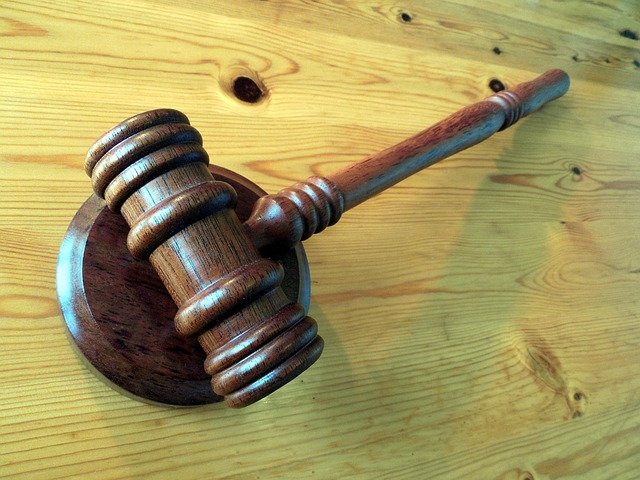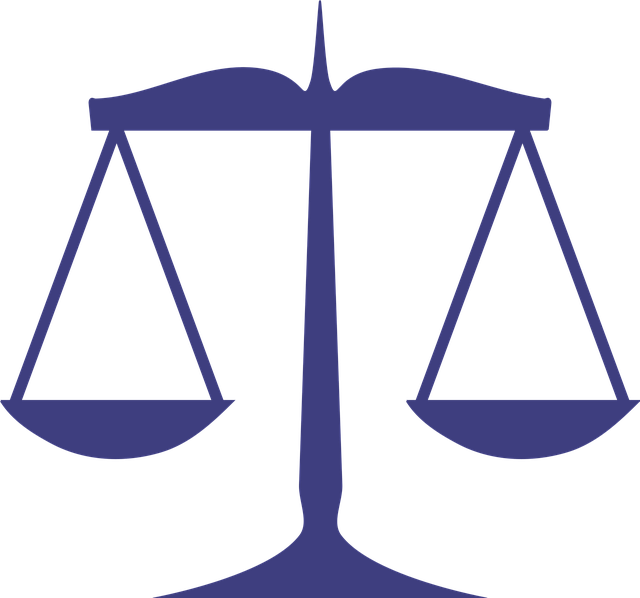In the RF Securities Industry, prior convictions significantly impact sentencing for financial crimes like fraud and insider trading. Judges consider historical records, often leading to harsher penalties for repeated misconduct. Understanding this influence is critical for fairness, guiding investigative strategies, and legal arguments, especially for first-time offenders or those with mitigating circumstances.
“Unraveling the intricate web of RF Securities Industry Regulation is paramount for investors and professionals alike. This article offers a comprehensive guide, delving into the profound implications of prior convictions on sentencing within this sector. We explore how past transgressions shape legal outcomes, with a focus on mitigating factors that can influence criminal sentences.
Understanding the interplay between regulatory compliance and sentencing is crucial in navigating the complex landscape of financial laws, especially when considering the impact of prior convictions.”
- Understanding RF Securities Industry Regulation
- Impact of Prior Convictions on Sentencing
- Mitigating Factors in Criminal Sentencing
Understanding RF Securities Industry Regulation

The RF Securities Industry Regulation is a complex web of laws and guidelines designed to ensure fairness, transparency, and protection in financial markets. Understanding this regulation requires delving into specific rules that govern various aspects of securities trading, including issuance, sale, and acquisition of stocks, bonds, and other investment instruments. One critical aspect within this framework is the impact of prior convictions on sentencing outcomes for financial crimes.
How Prior Convictions Affect Sentencing Outcomes plays a significant role in the RF Securities Industry Regulation. In cases involving white-collar offenses, such as fraud or insider trading, courts often consider a defendant’s previous criminal history when determining sentences. This factor can lead to more severe penalties, reflecting the severity of the crime and the need to deter future misconduct. An unprecedented track record of compliance and a strong general criminal defense strategy might mitigate these effects, but understanding how prior convictions are weighed in sentencing is essential for anyone navigating this regulatory landscape.
Impact of Prior Convictions on Sentencing

In the RF Securities Industry, prior convictions significantly shape sentencing outcomes, with each conviction adding a layer of complexity to legal proceedings. Judges often consider an individual’s history as a factor in determining the severity of a current offense and subsequent punishment. This is particularly true in cases involving financial crimes, where an established pattern of misconduct can lead to harsher sentences. An unprecedented track record of securities violations may result in achieving extraordinary results during sentencing, with potential implications for future legal actions.
The impact extends beyond the immediate sentence, influencing the overall experience within the investigative and enforcement process. Law enforcement agencies must navigate these complexities at every stage, from initial investigations to final dispositions. Understanding how prior convictions affect sentencing is crucial for both regulatory bodies and individuals navigating this sector, ensuring fairness and proportionality in legal outcomes.
Mitigating Factors in Criminal Sentencing

In the RF Securities Industry, mitigating factors play a significant role in criminal sentencing. One key consideration is the defendant’s history of prior convictions. The impact of previous criminal records on sentencing outcomes cannot be overstated; they are often viewed as an indicator of an individual’s propensity for reoffending. Judges tend to impose harsher sentences on defendants with multiple prior convictions, assuming a higher likelihood of repeating the offense.
Understanding how prior convictions affect sentencing is crucial across the country, as legal strategies can vary significantly. Defendants facing charges must be aware that their past misdeeds could influence the outcome, prompting them to proactively navigate all stages of the investigative and enforcement process. Moreover, some strategies might focus on presenting mitigating circumstances to avoid indictment or secure more lenient punishments, particularly for first-time offenders or those with substantial contributions to community welfare.
In the realm of RF Securities Industry Regulation, understanding how prior convictions impact sentencing outcomes is crucial. The article has delved into key aspects such as the effect of past criminal records and the role of mitigating factors in shaping sentences. By examining these elements, professionals can better navigate the complex landscape of financial regulations, ensuring fair and just outcomes for all parties involved. Remember that, in terms of sentencing, the impact of prior convictions is a significant consideration, but it’s not the sole determinant. Ultimately, a balanced approach, accounting for both culpability and reform, fosters a more robust and equitable regulatory environment.






